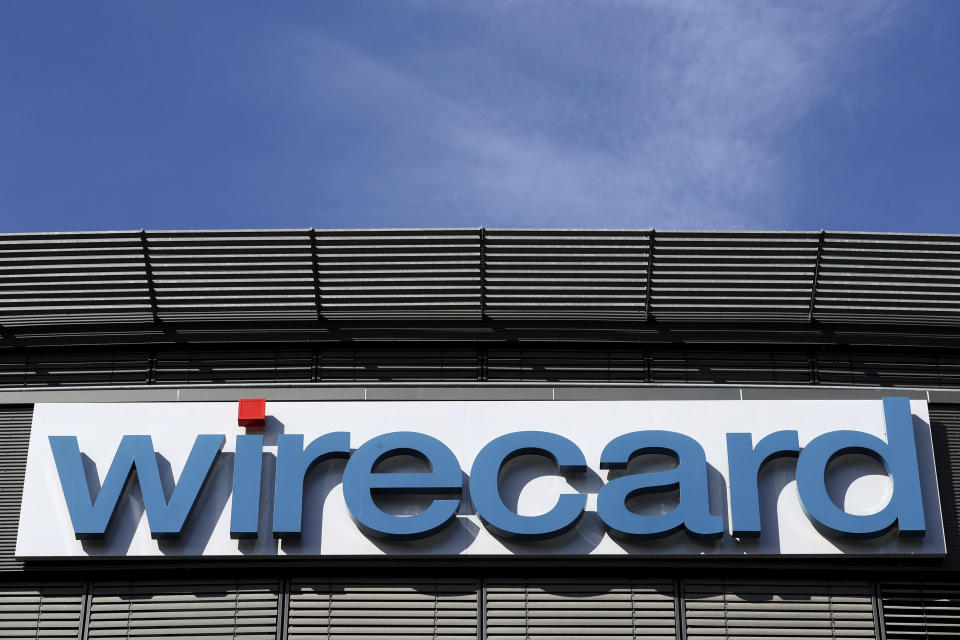Embattled payments firm Wirecard collapses into insolvency

German payments firm Wirecard (WDI.DE) on Thursday collapsed into insolvency, just days after a €1.9bn (£1.7bn, $2.1bn) hole in its accounts came to light.
In a statement, the company said that it had decided to apply to the Munich district court to open insolvency proceedings, citing “impending insolvency and over-indebtedness.”
Shares of the company were suspended on the Frankfurt Stock Exchange prior to the announcement.
After claiming last week that the €1.9bn had gone missing from escrow accounts in the Philippines, and that it may have been the victim of “considerable fraud,” Wirecard then admitted that there was “a prevailing likelihood” that the funds did not exist.
Over the weekend, banks in the Philippines said documents produced by Wirecard appeared to be false, and the country’s central bank also said the money had never entered its financial system.
READ MORE: German authorities looking to arrest sacked Wirecard chief operating officer
The company said on Thursday that it was currently evaluating whether it would have to initiate insolvency proceedings for subsidiaries of the Wirecard group.
The accounting woes meant that Wirecard, long a darling of the European technology sector, was facing a severe cash crunch. The company had been holding emergency talks with its lenders to secure a financial lifeline.
Insolvency proceedings mean that Wirecard’s creditors are likely to face protracted negotiations with administrators regarding the break-up of the company’s assets.
Creditors include Germany’s Commerzbank (CBK.DE) and LBBW, as well as Dutch lenders ABN Amro (ABN.AS) and ING (INGA.AS).
Markus Braun, the company’s founder, resigned as chief executive at the end of last week, shortly after chief operating officer Jan Marsalek was dismissed.
James Freis, an experienced compliance specialist, was appointed to lead the company on an interim basis.
Accused of market manipulation, Braun was arrested by authorities in Munich on Monday (22 June). Braun has since been freed on bail, on the condition that he report to police on a weekly basis.
This hole in the accounts emerged after a disclosure from accounting firm EY, which refused to sign off on the company's 2019 accounts.
Wirecard joined Germany’s DAX (^GDAXI) in 2018, bumping Commerzbank out of the blue-chip index.
Hailed as a shining example of Germany’s fintech prowess, the company has now become a national embarrassment.
READ MORE: Millennials and Gen Z feel less stressed despite economic turmoil
As prosecutors investigate the issues at the company, BaFin, the country’s financial regulator, is likely to face scrutiny over its failure to spot the glaring discrepancies in the company’s accounts.
In May 2019, a whistleblower told the Financial Times about financial and accounting irregularities at the payments firm.
On top of issuing an almost outright denial of the report, Wirecard accused the newspaper of being involved in market manipulation.
In October, a further report in the Financial Times based on internal spreadsheets and correspondence appeared to indicate a concerted effort to fraudulently inflate sales and profits at various Wirecard divisions.
The controversy prompted the company to appoint KPMG to conduct an independent audit, and subsequent problems were finally discovered by EY, who were long-time auditors of the company.

 Yahoo Finance
Yahoo Finance 
